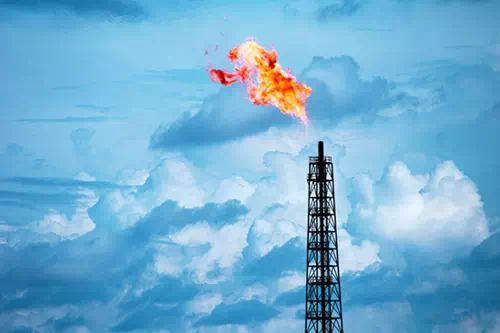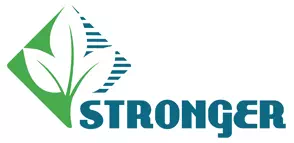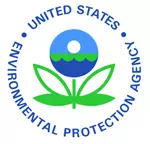|
Gathering Operations-Lines/Compression Stations
A natural gas pipeline begins at a natural gas producing well or field. After leaving the wellhead or wellfield(s), getting natural gas to the gas processing plant involves movement and processing of the gas through small-diameter pipelines called gathering lines (i.e., piping from producing wells converge with pipes from other wells). In order to keep these lines pressurized for movement of the natural gas to occur from one location to another, these lines are connected to compression stations as specific distance intervals. To achieve compression, compressor stations use special turbines, motors and engines (compressor units). These compressors receive the transmission flow, which has decreased in pressure since the previous compressor station, and increase the pressure and rate of flow, thus maintaining movement of natural gas along the pipeline.
Potentially Applicable Regulations
-
Clean Air Act (CAA)
-
40 CFR Part 60 Subpart A. General provisions, including control device and work practice requirements for flares and compliance with standards and maintenance requirements (maintain air pollution control equipment in a manner consistent with good air pollution control practice for minimizing emissions).
-
40 CFR Part 63 Subpart A. General provisions and compliance with standards and maintenance requirements (maintain air pollution control equipment in a manner consistent with good air pollution control practice for minimizing emissions).
- 40 CFR Part 60 Subpart OOOO and Subpart OOOOa. Standards for Performance for Crude Oil and Natural Gas.
- 40 CFR 63 Subpart HH. National Emission Standards for Hazardous Air Pollutants from Oil and Natural Gas Production Facilities.
- 40 CFR 60 Subpart JJJJ. Standards of Performance for Stationary Spark. Ignition Internal Combustion Engines.
- 40 CFR 60 Subpart GG. Standards of Performance for Stationary Gas Turbines.
- 40 CFR 60 Subpart KKKK. Standards of Performance for Stationary Combustion Turbines.
- 40 CFR 98 Subpart W. Petroleum and Natural Gas Greenhouse Gas (GHG) Reporting Rule.
-
40 CFR 68 and CAA 112(r)(1). Chemical accident prevention provisions and the Risk Management Program.
- Emergency Planning and Community Right-to-Know Act (EPCRA) (Sections 302, 303, 311, and 312). EPCRA requires facilities that use or store hazardous chemicals in certain quantities to report those inventories to state and local emergency planning organizations.
- Resource Conservation and Recovery Act (RCRA) Subtitle C (hazardous waste) and Subtitle D (solid waste). RCRA is the primary law for regulating solid and hazardous wastes.
- Available emergency response authorities to address adverse impacts:
-
Safe Water Drinking Act (SDWA) (Section 1431). Action to address imminent and substantial endangerment caused by contaminants present or likely to enter a public water system or underground source of drinking water.
-
Clean Air Act (CAA) (Section 303). Action to address imminent and substantial endangerment of public health or welfare, or the environment from air emissions or pollution.
- Comprehensive Environmental Response, Compensation, and Liability Act of 1980 (CERCLA) (Section 104) Removal action to address release that may present imminent and substantial endangerment, subject to the "petroleum exclusion."
- Comprehensive Environmental Response, Compensation, and Liability Act of 1980 (CERCLA) (Section 106). Order to address imminent & substantial endangerment, subject to the "petroleum exclusion."
- Clean Water Act (CWA) (Section 504). Action to address imminent & substantial endangerment to health, welfare, or livelihood caused by discharge from "pollution source."
-
CWA/OPA 311 action to address imminent and substantial threat to public health or welfare from discharges of oil or hazardous substances to navigable waters.
- Resource Conservation and Recovery Act (RCRA) (Section 7003). Action to address solid waste handling that may present an imminent & substantial endangerment to health or the environment.
More Resources
NaturalGas.org - The Transportation of Natural Gas. An educational website maintained by the Natural Gas Supply Association that covers a variety of topics related to the natural gas industry. The purpose of this website is to provide visitors with a comprehensive information source for topics related to natural gas, and present an unbiased learning tool for students, teachers, industry, media, and government.
|






